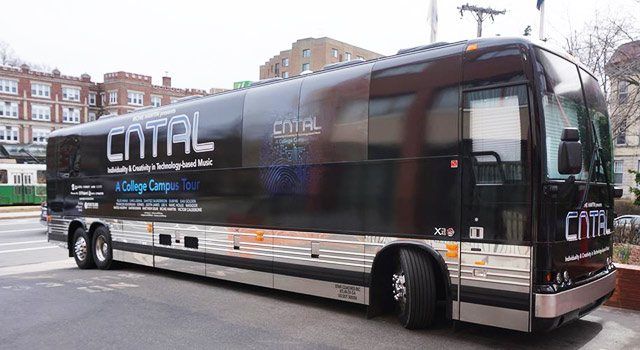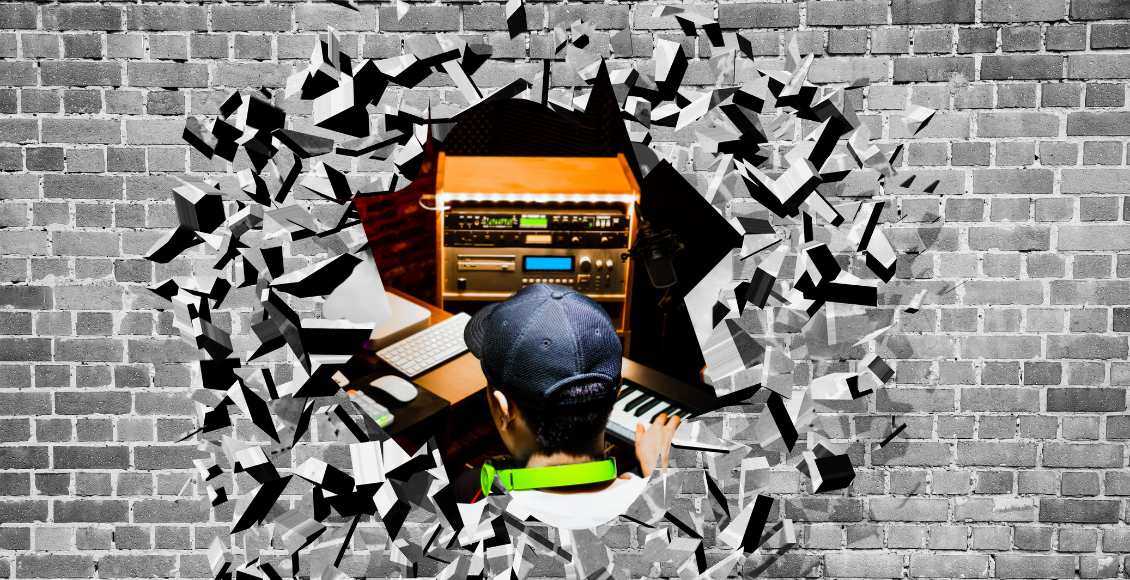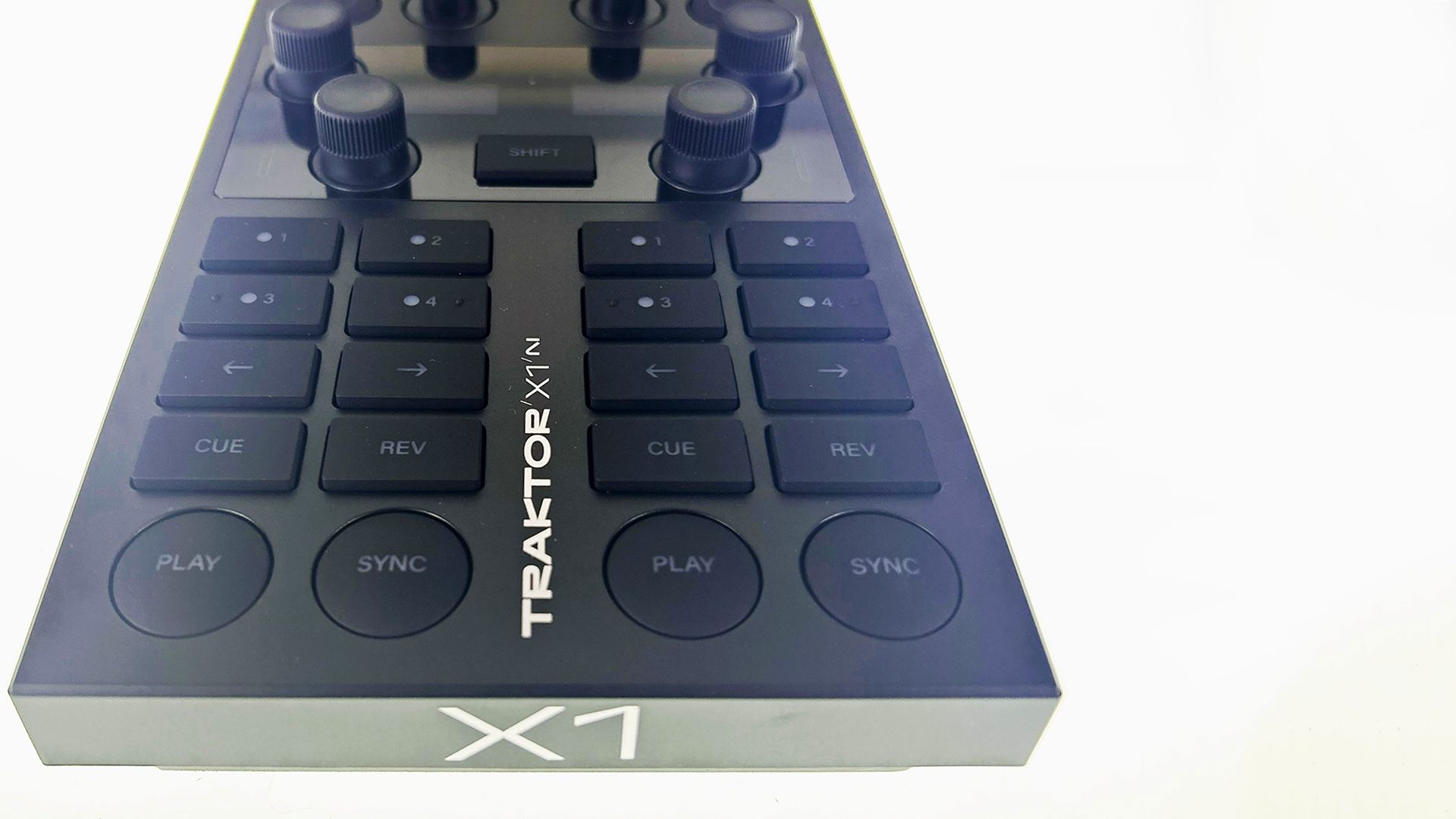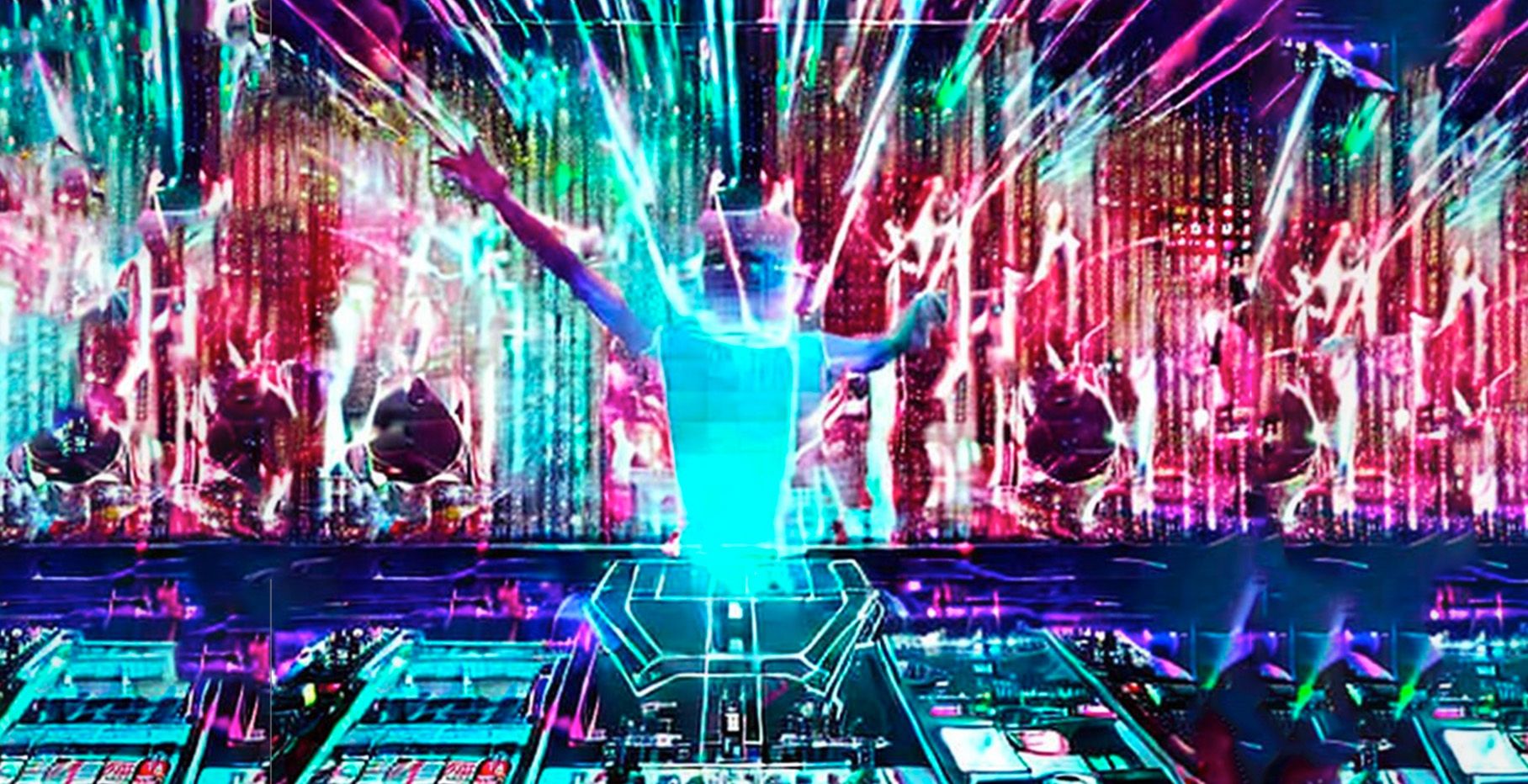Tomorrow afternoon I will set out with Richie Hawtin and a talented cast of electronic music experts on the second edition of the CNTRL music education tour. Each day, the group will speak at universities across the U.S. in a quest to inspire new and old producers to believe that they too, can find their own unique voice in music. Today, I sat down with Richie to talk about the tour and learned some interesting things along the way.
Take control of the machine, not the other way around. – Richie Hawtin
Richie hopes that CNTRL will inspire the growing world of US electronic dance music artists to take control of their own musical destiny and believe in the possibility of finding success. This time around, the full tour will make its way to 8 key cities in the United States, and there are some really good reasons for DJ TechTools fans to come out, including:
- Demo fair style pop up booths from major manufactures featuring hands on time with the latest gear (free, open to the public)
- Full length masterclass with one DJ on each stop (limited availability)
- Group discussion with all of the artists on their techniques and ideas (free, open to the public)
- Up close and personal club events at night
For those of you around the world who can’t attend, here are a few gems from our discussion today. We hope they inspire everyone and give you a good idea of what to expect from the incredible day time discussions.
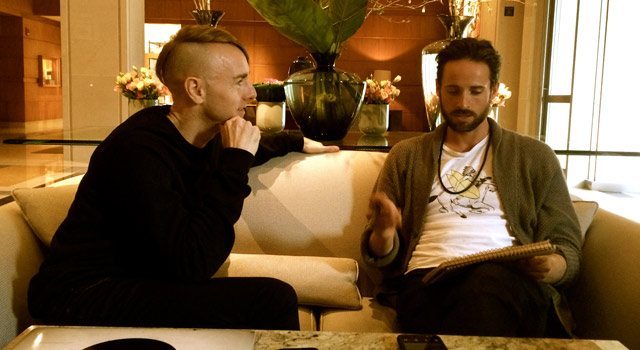
You recently spent two months working on new musical material. What gear are you using?
There is an interesting point of technology right now with a lot new options in hardware/software and combinations of the two. New developers building upon past inventions and coming up with new boxes – the Roland Aira series for example. For me it was inspiring to know that I could go into the studio with a similar pallet as 20 years ago without using any of those original machines. I was excited that there was an update to the machines that combined to create my sound, so everything is fresh but still sounds just like me.
What did that process look like?
I make my music like I’m DJing, including muting and playing things on the fly. You just have to go with the feeling and try to capture it live. When I am mixing, and fading, and EQing, that is my instrument like playing the keys of a piano or the strings of a guitar. The performance part is really important for finding balance between man and machine. If I strip all that away and perfect it all in the computer in the arrangement window then what is left of me?
Did every day sound great?
It’s hard work at the end of the day – you have to put your time in. Just because everything is accessible and you can download Ableton with these packs doesn’t make it any easier. It’s actually harder now because there are so many possibilities but whatever you choose, you are going to have to stick with that for a while and follow it. I had days when I was recording 4 songs per day and then days when I didn’t record anything at all. The important thing for me was to track every day and on those frustrating days force myself to record something.
How did you stay focused?
For me because I have had such sporadic studio time in the past, I had to cancel everything and focus on recording. I changed my email, changed my working structure so people knew they should not contact me. I was off social media and everything including not listening to any records, or reading what was happening in the rest of the world. To make stuff for our world, I was out of our world.
How did you balance between personal and studio life?
At some point in your life, if you are going to make it in the creative industries and be at the top of your game, you’re going to have periods of your life where you need to isolate yourself and engulf yourself in the creative process. Maybe that’s why artists get a bad rep sometimes because some may do it too much and ostracise everyone. Creativity is a different mindset than family or business life. Sure they need to respect each other and overlap but you are using different parts of your brain and most people can’t just switch.
Before working you need some buffers, some quiet time. Putting your phone away more, or even turning off email so you can have a half an hour to think and come down into yourself. Not just for creative purposes but also for emotional purposes. It’s not actually so much about the point of recording or that hour when your creating, it’s the time you need to be prepared for that when you press start on the machines. It’s all running and then you’re there mixing and after 30 minutes you have one good take and 10 minutes later you’ve got it. There’s no question of: “did you get it?” – you just know it, but you have to have a clear mind somehow to get to that moment.
DJTT is proud to be back on the road with such a dedicated group of talented people and support wider electronic music education.


